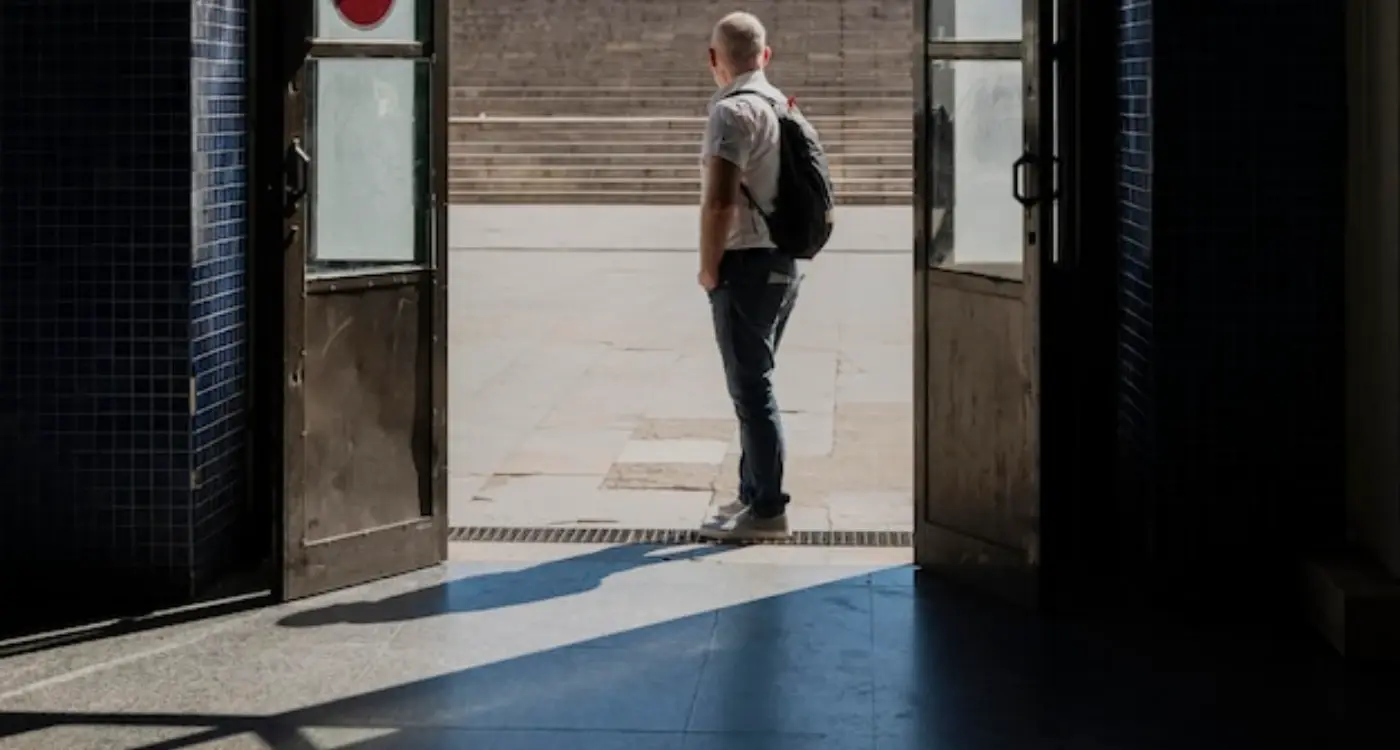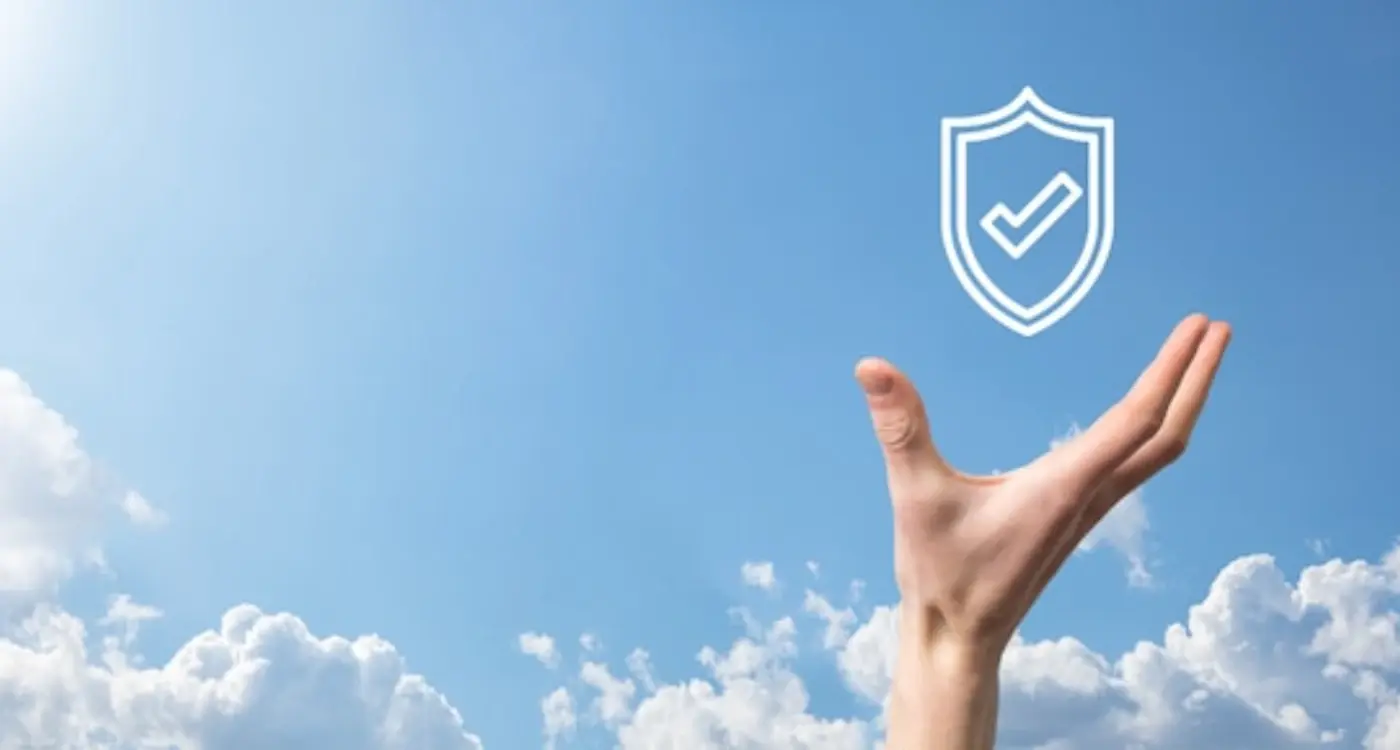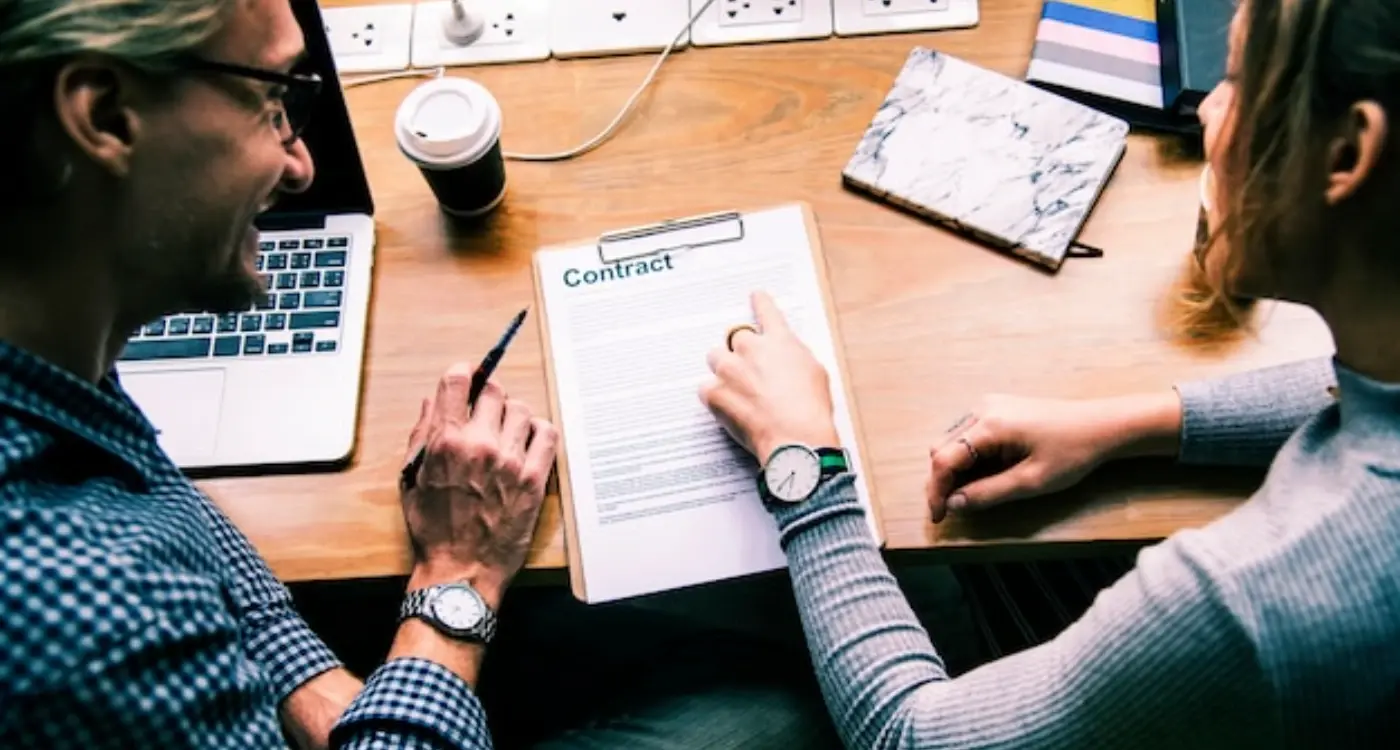Do I Own My App If I Hire Developers To Build It?
Every month, thousands of business owners hire developers to build their mobile app—only to discover later that they don't actually own what they paid for. It's a costly mistake that can destroy businesses and leave founders with nothing but legal bills. The truth is, app ownership isn't automatic just because you wrote the cheque.
When you hire a development team, you're entering into a complex web of intellectual property rights, developer contracts, and legal obligations that most people don't fully understand. The default position in many countries is that whoever writes the code owns it—not the person who pays for it. This means your brilliant app idea could legally belong to someone else.
The person who pays for development doesn't automatically own the intellectual property unless it's explicitly stated in the contract
I've seen brilliant entrepreneurs lose everything because they assumed ownership was guaranteed. They spent months perfecting their idea, invested their life savings, and watched their app succeed—only to find out they couldn't make changes, sell their business, or even access their own code. Don't let this happen to you. Understanding app ownership before you start development could save you from financial disaster and legal nightmares down the road.
Understanding App Ownership Basics
Let's start with the simple truth—app ownership isn't as straightforward as you might think. When you hire developers to build your app, you're not automatically guaranteed to own everything that gets created. I know this sounds a bit mad, but it's how the legal world works.
Think of it this way: just because you pay someone to build something doesn't mean you own all the bits and pieces they use to make it. The developer might use their own code libraries, frameworks, or tools that they've built over years of work. They can't just hand over ownership of those to every client.
What Does "Owning" an App Actually Mean?
When we talk about app ownership, we're really talking about who controls the intellectual property. This includes the source code, the design, the app's name, and any unique features or functionality. The person or company that owns these rights gets to decide what happens to the app—whether it gets updated, sold, or discontinued.
The tricky bit is that ownership can be split up. You might own the app concept and branding whilst the developer retains rights to the underlying code framework. This is why having clear agreements from the start is so important for your project's success.
What Developer Contracts Actually Say
After years of working with clients on mobile app projects, I can tell you that most people don't actually read their developer contracts properly. They're more focused on timelines and budgets—which I get, those things matter! But buried in those pages of legal text are some pretty important clauses about who owns what once your app is built.
The thing is, developer contracts aren't all the same. Some will clearly state that you own everything once you've paid for it. Others might keep certain rights with the development team. And then there are the tricky ones that sit somewhere in between, where intellectual property ownership depends on specific conditions being met.
Key Contract Clauses to Look For
When you're reviewing any developer contract, these are the sections that really matter for your mobile app ownership:
- Work for hire clauses—this usually means you own everything
- Intellectual property assignment—transfers ownership to you
- Retained rights—what the developer keeps
- Source code ownership—who controls the actual code
- Third-party components—external tools that might have separate licences
Always ask for a plain English summary of the intellectual property clauses before signing. Most reputable developers will happily explain what each section means for your app ownership.
The reality is that many standard contracts favour the developer unless you specifically negotiate otherwise. Don't assume anything—if ownership matters to you, make sure it's spelled out clearly in black and white.
Intellectual Property Rights Explained
Right, let's talk about intellectual property rights—or IP rights as we call them in the industry. Think of IP rights as the legal rules that decide who owns the creative bits of your app. This includes everything from your app's code and design to its name and logo.
What Counts as Intellectual Property
When you build an app, you're creating several types of intellectual property without even realising it. The source code that makes your app work is protected by copyright law. Your app's unique design, colours, and layout can be protected too. Even your app's name and logo might qualify for trademark protection if they're distinctive enough.
Here's what gets tricky though—just because you paid for something doesn't automatically mean you own the IP rights to it. I've seen countless clients assume that hiring a developer means they'll own everything, but that's not always how it works legally.
Copyright vs Trademark vs Patents
Copyright protects the creative expression in your app—the code, graphics, and written content. Trademarks protect your brand elements like names and logos. Patents protect unique inventions or processes, though these are less common for most apps. Each type of protection has different rules about who owns what, and understanding these differences can save you from nasty surprises later on.
When You Might Not Own Your App
Right, let's talk about the situations where you might not actually own your mobile app—even though you paid for it. This happens more often than you'd think, and it's usually down to what's written in those developer contracts that nobody reads properly.
The biggest red flag is when developers use what's called "work for hire" agreements that aren't properly structured. Some agencies will retain ownership of certain parts of your app, particularly if they've used their own proprietary code or frameworks. They might argue that since they built the foundation, they own it. Another common issue is when developers include clauses that let them reuse your app's code for other projects—which means your intellectual property isn't really yours alone.
Shared Ownership Scenarios
Sometimes you'll find yourself in a shared ownership situation without realising it. This can happen when developers contribute significant intellectual property that they already owned before your project started. They might have existing code libraries or unique solutions that they're licensing to you rather than transferring ownership.
The most expensive mistake I see clients make is assuming they own everything just because they paid for development work
Third-party integrations can also complicate ownership. If your app relies heavily on external APIs or services, you might not own those connections or the data they provide. Always check what parts of your app you actually control versus what you're just licensing or using temporarily.
How to Protect Your App Ownership
After years of working with clients who've had ownership disputes, I can tell you that protecting your app ownership starts before you even hire a developer. The good news is that it's not complicated—you just need to be proactive about it.
The most important step is getting everything in writing before any work begins. Don't rely on handshake agreements or verbal promises, no matter how much you trust your developer. A proper contract should clearly state that you own all intellectual property rights to the app, including the code, designs, and any other materials created during development.
Key Protection Strategies
- Include an "assignment of rights" clause that transfers all ownership to you
- Specify that you own any improvements or modifications made to your app
- Make sure the contract covers all team members, not just the main developer
- Request regular code backups and access to all development accounts
- Get written confirmation that no third-party code with restrictive licences will be used
You should also ask for source code delivery milestones throughout the project—not just at the end. This way, you're not left empty-handed if something goes wrong halfway through development. Keep copies of all contracts, invoices, and correspondence; they serve as proof of your ownership rights if disputes arise later.
Common Ownership Mistakes to Avoid
I've watched countless business owners make the same mistakes when hiring developers to build their mobile app—and trust me, these slip-ups can cost you dearly. The good news? Most of these ownership blunders are completely preventable if you know what to look out for.
The biggest mistake I see is assuming you automatically own everything just because you're paying for it. This isn't how intellectual property works with developer contracts. Many clients discover too late that their developer retained rights to certain code libraries, design elements, or even the entire app architecture.
The Most Costly Ownership Mistakes
- Not discussing ownership rights before signing contracts
- Accepting standard developer terms without negotiation
- Failing to specify who owns custom code versus third-party components
- Ignoring work-for-hire clauses in agreements
- Not addressing what happens to your app if the developer goes out of business
Another common error is mixing personal and business ownership. If you're building an app for your company, make sure the intellectual property is assigned to your business entity, not to you personally. This protects you legally and makes future investment or sale much smoother.
Always get ownership terms in writing before any development work begins—verbal agreements about intellectual property are practically worthless in legal disputes.
The simplest way to avoid these mistakes? Ask direct questions about ownership during your initial developer conversations and don't accept vague answers.
Getting Legal Help and Documentation
I'll be straight with you—app ownership can get complicated fast, and sometimes you need professional help to sort it all out. When you're dealing with contracts, intellectual property rights, and potential disputes, a good lawyer who knows technology law can save you from costly mistakes down the road.
When to Call in the Experts
You should consider getting legal help before you sign any development contract, not after problems arise. A tech lawyer can review your agreements and spot potential ownership issues that might not be obvious to you. They'll make sure your contracts clearly state that you own the app and all its code once you've paid for it.
If you're working with overseas developers or large agencies, legal review becomes even more important. Different countries have different laws about intellectual property, and what seems straightforward might not be. Protecting your app idea when working with remote developers becomes particularly crucial when dealing with international teams.
Keeping Your Records Safe
Good documentation is your best friend when it comes to proving ownership. Keep copies of all contracts, emails, payment records, and project briefs in a safe place—both digitally and physically. If anyone ever questions who owns your app, these documents will be your proof.
Don't forget to document any changes to the original agreement too. Apps evolve during development, and you want clear records of who owns any new features or modifications that get added along the way.
Conclusion
After eight years of working with clients on mobile app projects, I can tell you that ownership issues are far more common than they should be. The good news? They're completely avoidable if you know what to look for and take the right steps from the beginning.
The truth is, hiring developers to build your app doesn't automatically mean you won't own it—but it doesn't guarantee you will either. Everything comes down to what's written in your developer contracts and how well you've documented the intellectual property arrangements. I've seen brilliant app ideas get tangled up in legal disputes simply because someone didn't read the fine print or assumed ownership was automatic.
Your mobile app is likely a significant investment of both time and money. Protecting that investment means being proactive about ownership rights, not reactive. Get proper contracts in place before any coding begins; make sure intellectual property clauses are crystal clear; and don't be afraid to ask questions if something seems unclear.
Most developers want you to own your app—it's better for everyone involved. But assumptions have a way of causing problems later on, so always get everything in writing and consider getting legal advice for complex projects.
Share this
Subscribe To Our Learning Centre
You May Also Like
These Related Guides

What Happens to Your IP When Developers Leave Your Project?

Which Documents Keep Your App IP Safe During Development?



